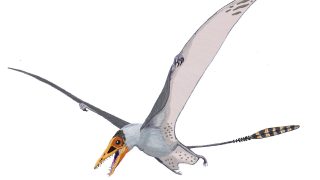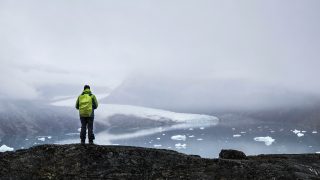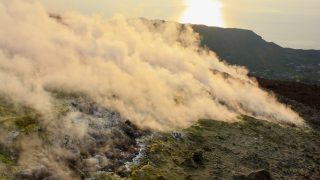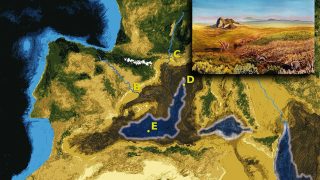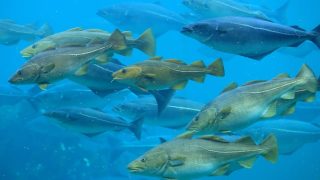
Europe’s fish are moving to new waters
Biology • Ecology • Environment • Geosciences
Author: Sevrine Sailley, Senior Scientist, Marine Ecosystem Modelling, Plymouth Marine Laboratory Climate change is reshaping fish habitats. Some fish are winners, others are losing out. Fish already face plenty of pressure from overfishing and pollution. Climate change is adding more: warmer waters and shifting food supplies cause what’s known as a predator-prey mismatch. This means […]

